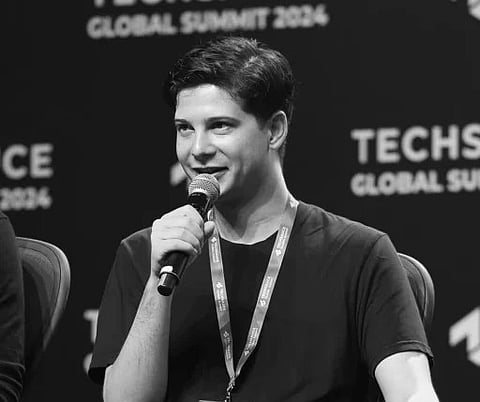Felix Collins is the founder and Managing Director (CEO) of Full Circle Biotechnology.
Full Circle Biotechnology
Singapore-based startup to build 7,000-ton insect protein factory in Bangkok
Alternative protein startup Full Circle Biotechnology has secured funding to build a 7,000-ton-per-year insect protein facility in Kanchanaburi, northwest of Bangkok.
According to the digital media outlet AgFunderNews (AFN), construction of the project is set to begin next week, with production set to start at the end of November.
"The volume is mainly focused on shrimp, snakehead fish, and tilapia, but we also work with some niche species such as swamp eel and butter catfish," specified founder Felix Collins.
Additionally, Collins explained that they collaborate with contractors who supply microbes and young larvae, and subcontract some processes such as pellet coating. Among the investors is the ocean-specialized investment firm Rypples.
"The nature of our growth over the last 12 months has afforded us access to capital now rare in the region, which has compounded with phenomenal local demand, so it made clear sense for us to set up and operate the facility ourselves," noted Collins.
Full Circle Biotechnology's protein meal
The unique feature of Full Circle's protein meal is that it combines black soldier fly larvae (BSFL) and microbial protein produced through solid-state fermentation (microbes feeding on organic waste).
"The only processing we perform is grinding, sterilization, and low-temperature drying. Our protein is mainly composed of smaller-chain molecules, allowing us to maintain very high quality with a light-touch processing approach," explained the founder.
Finally, the golden-brown, fine protein meal is incorporated into pellets at an inclusion rate of about 15%, replacing 75% of the fishmeal for most species; these pellets are then delivered directly to farmers.


